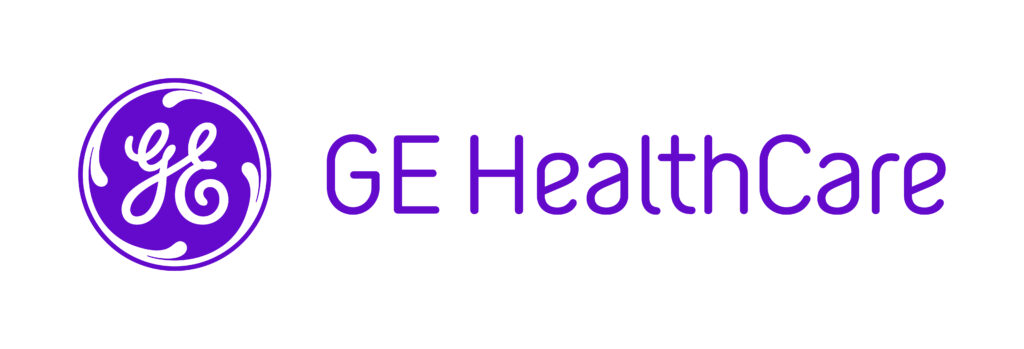 UnitedHealth Group expands home health again, aces out Option Care Health in all-cash deal. Amedisys had previously accepted Option Care’s all-stock deal in May valued at $97.38 per share. Optum’s offer is at $101 per share in cash, a dollar higher than its previous offer, creating a valuation for the company at $3.7 billion. Amedisys will add to UHG’s $5.4 billion acquisition of the LHC Group in February, including the hospital-at-home market from its acquisition of Contessa Health for $250 million in 2021.
UnitedHealth Group expands home health again, aces out Option Care Health in all-cash deal. Amedisys had previously accepted Option Care’s all-stock deal in May valued at $97.38 per share. Optum’s offer is at $101 per share in cash, a dollar higher than its previous offer, creating a valuation for the company at $3.7 billion. Amedisys will add to UHG’s $5.4 billion acquisition of the LHC Group in February, including the hospital-at-home market from its acquisition of Contessa Health for $250 million in 2021.
Option Care is a public (Nasdaq: OPCH) post-acute and home infusion care company for which Amedisys in-home care delivery would have been an exceptional fit. It was last heard from in August making a run at Signify Health for home health and ACO providers. At that time, the not-well-known company was discovered to have some impressive backing from Goldman Sachs. Walgreens Boots Alliance also backed the company but cut its stake in March and sold the rest for $330 million earlier this month. Option Care will receive a termination fee of $106 million. Healthcare Dive, FierceHealthcare
Insurtech Clover Health settles seven lawsuits around its 2021 SPAC. Clover, with Medicare Advantage plans in eight states, went public in January 2021 at the very peak of ‘blank check’-dom. Almost immediately, after an explosive report by Hindenburg Research that revealed that the Department of Justice (DOJ) had been investigating the company on investor relationships and business practices starting in fall 2020 [TTA 9 Feb 2021], there were multiple lawsuits filed by shareholders (derivative litigation) over not revealing this material fact. Shares took the expected dive from their intro of $15.90 to today’s $0.85. The seven derivative lawsuits were in Delaware, New York, and Tennessee courts and are being settled without payment. According to Clover’s release, “the defendants in the derivative lawsuits will receive customary releases and the Company will implement a suite of corporate governance enhancements. The settlement does not involve any monetary payment, other than payment of an award of fees and expenses to plaintiffs’ counsel, which has not yet been set. The defendants have denied all wrongdoing and have entered into this settlement to avoid the burden, expense, and distraction of ongoing litigation.” In April, Clover settled a securities class action in which the class will receive $22 million, $19.5 million paid by the company’s insurance. Mobihealthnews
Walgreens Boots Alliance missed Wall Street expectations and lowered its outlook for the year. In their Q3, net earnings fell 59% to $118 million, mostly due to lower operating income. Their topline was healthy–$35.4 billion, up 9% year over year–driven by the US health provider segment (VillageMD, Summit Health, and CityMD plus at-home care provider CareCentrix and specialty pharmacy Shields Health Solutions) which was up 22%. However, both retail consumer sales and CityMD underperformed due to the absence of COVID and a mild respiratory illness winter. Together with VillageMD’s clinic expansions, this led to an adjusted operating loss of $172 million for US Healthcare. WBA cut its earnings guidance for the year to $4.00 to $4.05 per share from its previous outlook of $4.45 to $4.65. Walgreens has been selling off businesses or investments that are peripheral to providing healthcare services, such as its investment in Option Care (above). FierceHealthcare, Healthcare Dive









Most Recent Comments